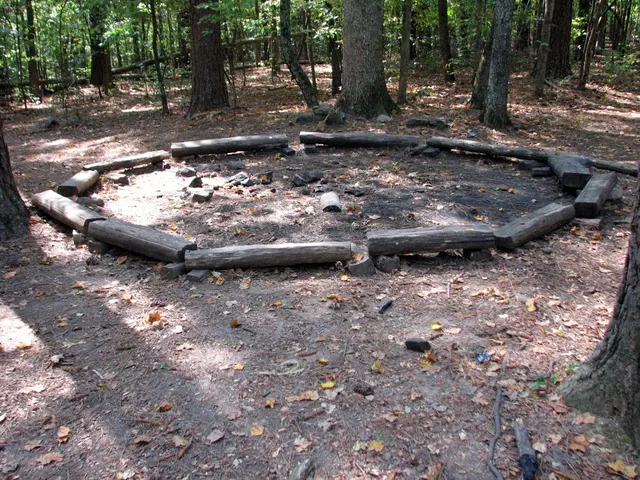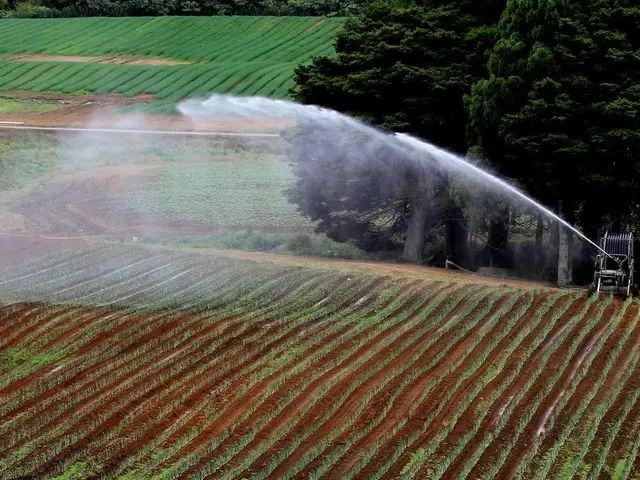Brazil's Controversial Fossil Fuel Auction Threatens Climate Commitments and Indigenous Rights
Brazil's National Agency for Petroleum, Natural Gas and Biofuels (ANP) held a controversial fossil fuel auction on June 17, 2025, offering 172 oil and gas blocks, including 68 in the sensitive Brazilian Amazon region. The event has sparked criticism and legal challenges, casting a shadow over Brazil's climate commitments and Indigenous rights.
The auction saw multinational giants Chevron, CNPC, ExxonMobil, and Petrobras acquiring blocks. However, no information is available on which companies secured the most blocks in the Amazon region. Environmental advocates argue that Brazil is squandering an opportunity to shift towards renewable energy, given its vast potential in wind, solar, and hydroelectric power.
The auction proceeded despite procedural flaws and insufficient impact analysis, leading the Federal Public Prosecutor's Office to file for an injunction to suspend it. Critics argue that it undermines Brazil's credibility as host of COP30 and threatens Indigenous territories. The auction also violated the free, prior, and informed consent of Indigenous and traditional communities, contravening ILO Convention 169. Moreover, no Environmental Assessment of Sedimentary Area (AAAS) was conducted prior to the concessioning of the blocks, raising concerns about environmental impact. A total of 47 blocks were situated in the mouth of the Amazon, with 19 successfully concessioned, covering 16,312 km2 of marine territory.
The fossil fuel auction has drawn sharp criticism for potentially violating Brazil's constitutional and international obligations. As Brazil prepares to host COP30, the event has raised questions about its commitment to climate action and Indigenous rights. Civil society demands greater coherence between Brazil's climate rhetoric and its domestic policies, urging a shift towards renewable energy and respect for Indigenous territories.








